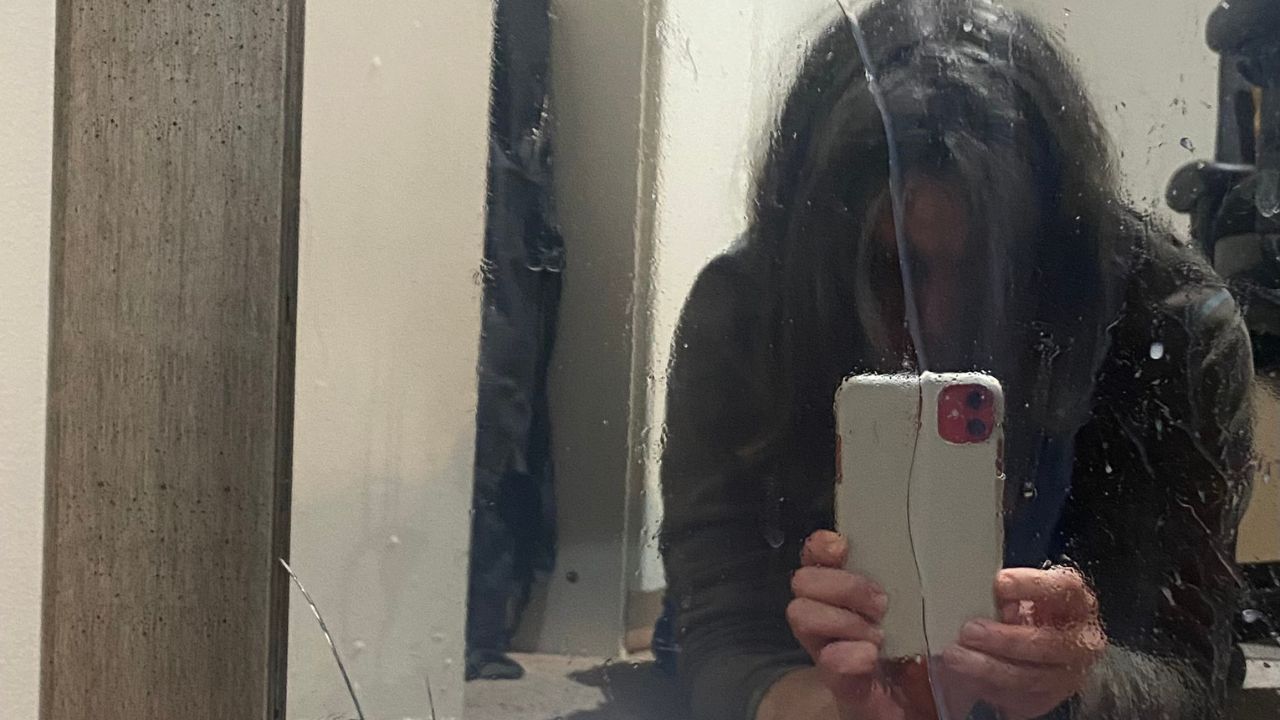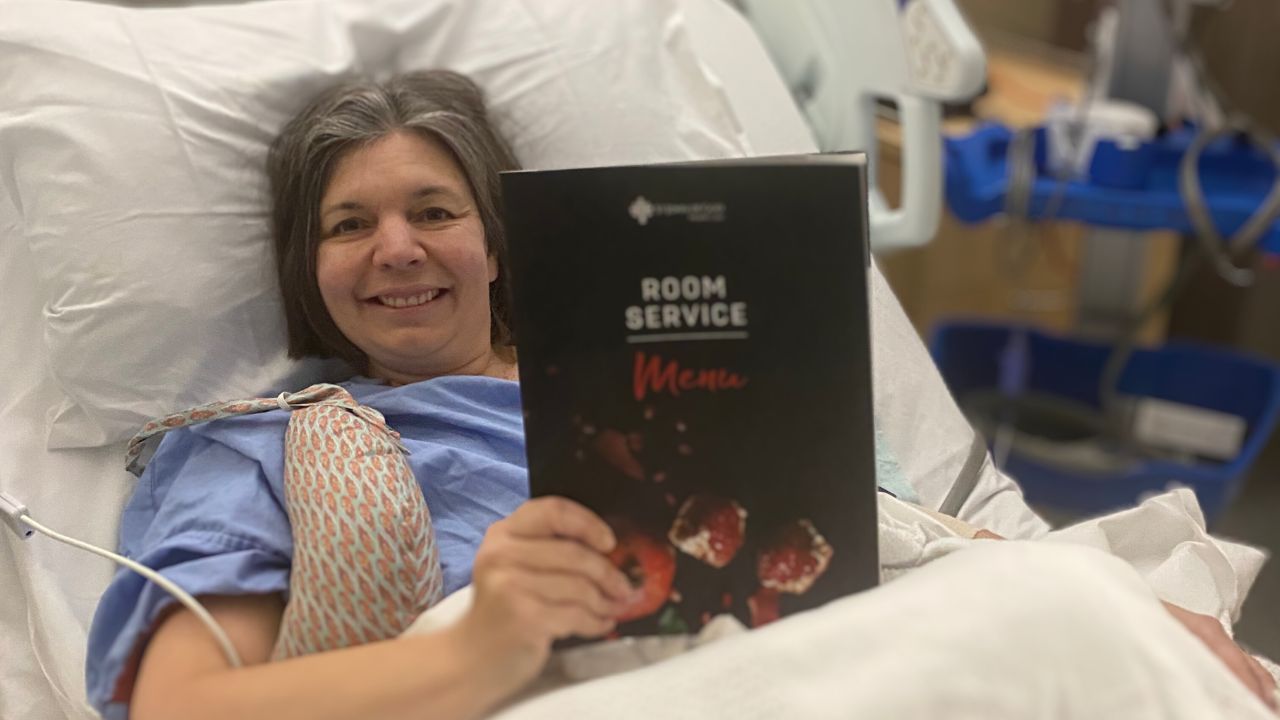The Power of Language in Chronic Illness
Sep 14, 2023
Every word we utter. Every phrase we choose to convey our feelings, comes with an inherent energy.
Words can lift our spirits when we're down. Or further sink us when we're already struggling.
They can rally us, giving us the strength to push forward. Or they can weigh us down, making our burdens seem insurmountable.
Now, pause for a moment and think: How often do you consider the weight of your words? Especially when discussing something as sensitive as health. Do you think about the power of language with your chronic illness?
Within the context of chronic illness, the language we adopt can profoundly shape our journey, both mentally and emotionally.
The words we pick, when talking about our own struggles or chatting with someone going through it, can either serve as a guiding light or make things seem even harder.
The Problem with "Fighting" Chronic Illness
There's a common thread in the narrative surrounding chronic illness, weaving in words like "fight" and "battle." Such terms may seem empowering, evoking images of courageous warriors. But let's reassess their impact.
For many, myself included, these words can be deflating and even annoying. They may inadvertently set a tone of combativeness rather than one of understanding and resilience.
So, I can't help but wonder, how do these terms resonate with you?
If someone’s medical results aren’t as anticipated, does that mean they didn't battle fiercely enough? Absolutely not.
On those tough days when even the smallest actions feel monumental, does it mean they're not trying hard enough? Absolutely not.

The Impact of Words During Diagnosis
I've never felt such intense fear as when my surgeon called to deliver the news: “I’m so sorry, but the spots on your liver and sternum, the PET scan showed them to be cancerous.”
I was left breathless. Words eluded me. Although I tried to absorb what my surgeon was saying, all that echoed in my ears were phrases like “surgery cancelled”, “there is no point”, and “cancer spread”. It dawned on me then that my cancer was now deemed “terminal”.
Thank goodness my partner was there by my side, anchoring me with his support. If he had brushed off my emotions and declared, “You’re now in the fight of your life”, it wouldn't have offered any solace. In fact, it would have invalidated my fears. Such words wouldn’t have spurred me on; I was simply too fragile at that moment.
Emotional Wellbeing Over Battle
Years earlier, due to MS, I was confined to a hospital bed for weeks on end, emotionally and physically paralysed. The sheer inability to even wriggle my toes was petrifying. The looming fear of potentially never regaining movement was overwhelming, making me feel trapped within my own body. Hope seemed elusive.
In such moments, phrases like “Keep fighting” or “Stay strong” would have sounded hollow, perhaps even insulting. Despite pouring every bit of my spirit and determination into recovery, my body remained unresponsive to these spirited attempts.
My neurologist brought a new and invaluable perspective. He recognised the stark reality of the relapse, pointing out the emotional toll of trying, hour after hour, to move my toes.
I came to understand that this wasn't about daily battles with MS. Instead, my recovery would hinge on crafting an environment that nurtured my emotional well-being. The words of my doctor, expressing that despite the odds there was still a possibility of regaining mobility, became the hope I clung to.

Nurturing Strength Amid Chronic Illness
Having lived with chronic illnesses for over 25 years, I've come to understand that truly embracing life isn't about endless battles.
It's about creating an environment that allows you to harness your innate strength, especially during those pivotal moments of crisis.
It's during these moments, when you feel emotionally exposed and your thoughts whirl chaotically, that certain words and phrases can seem painfully out of place.
I urge you not to question your strength or resilience in the face of chronic illness.
Should you face setbacks or trying times, never let the thought cross your mind that you aren't fighting hard enough.
I wish to shift the narrative. To change not only the words we use but also our perspective.
Let's emphasise creating an environment that safeguards our emotional well-being, enabling us to draw upon our immense strength. For anyone living with chronic illness possesses a depth of strength that's immeasurable.
In Conclusion
Every individual's journey with chronic illness is deeply personal and unique. The words we choose can either offer solace or intensify our burdens. Our path isn't just about facing obstacles; it's about adapting and drawing from the deep well of our inherent strength.
Let’s reconsider these words. “Fight”. “Battle”. Or phrases like “Keep fighting” and “Stay strong”.
For those ready to reshape their perspective and unveil their inherent power, I warmly welcome you to the Reclaim Your Life Mindset Masterclass. Let's reshape the narrative of chronic illness, taking it one deliberate step at a time.


